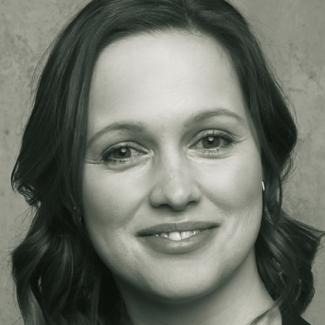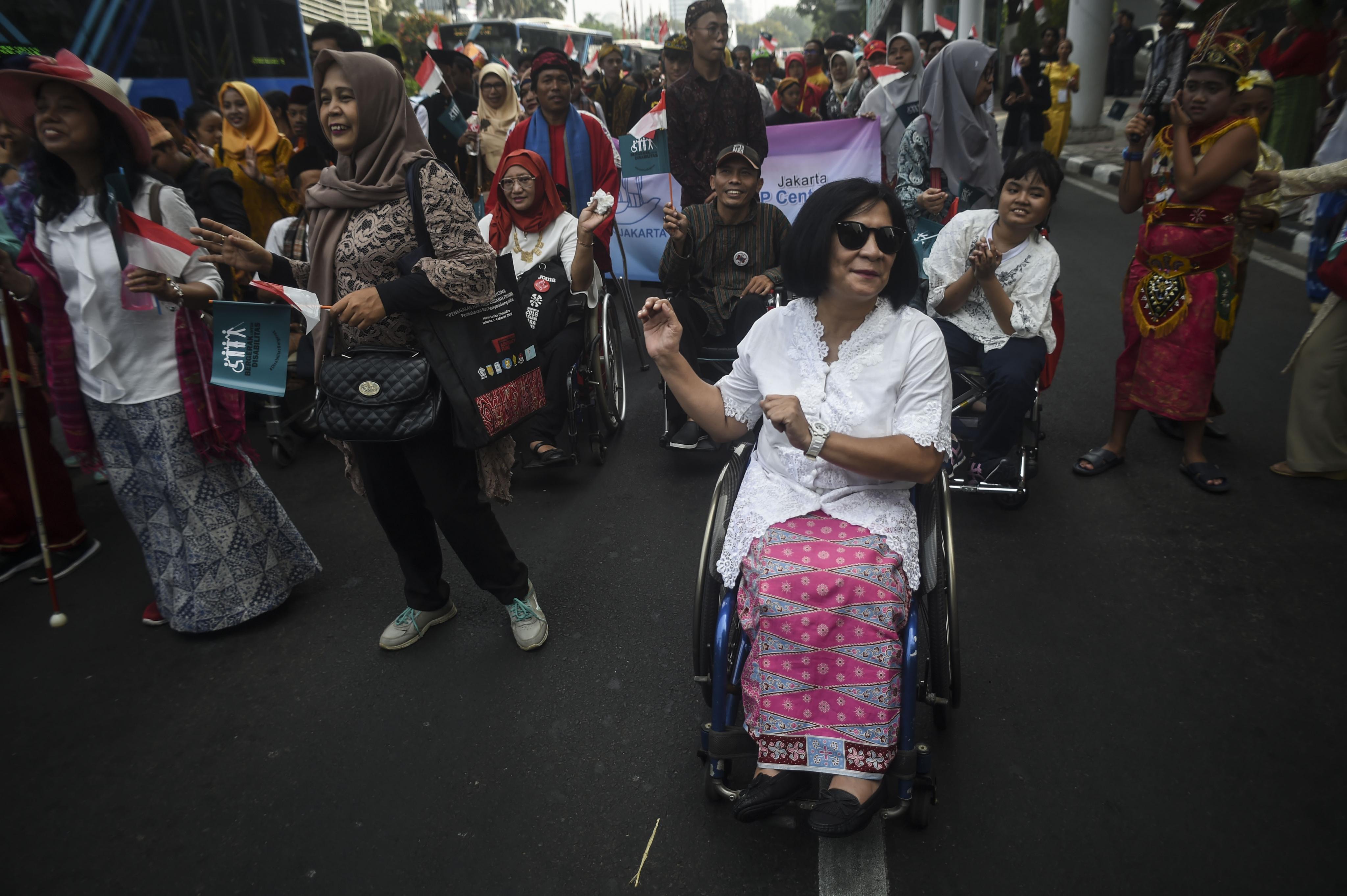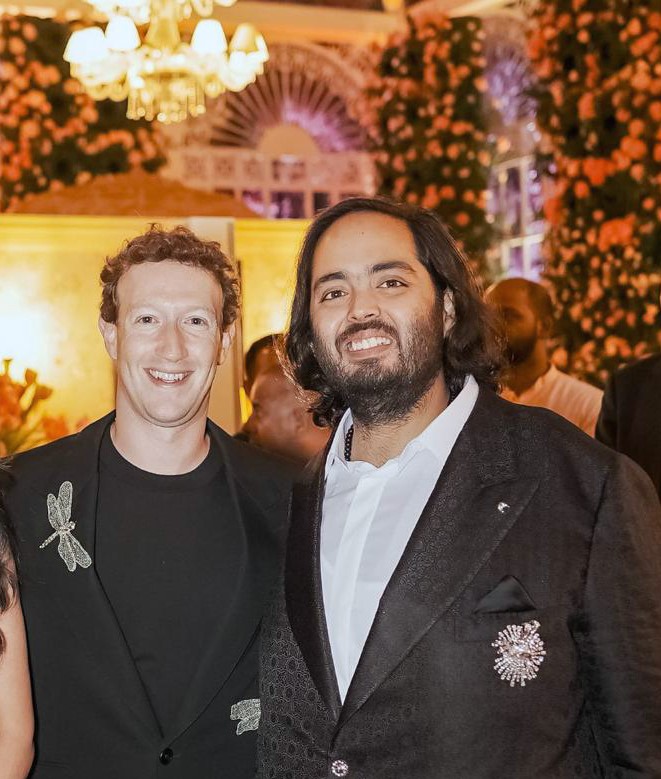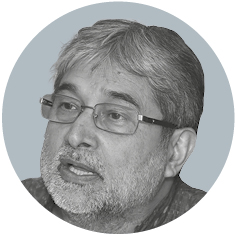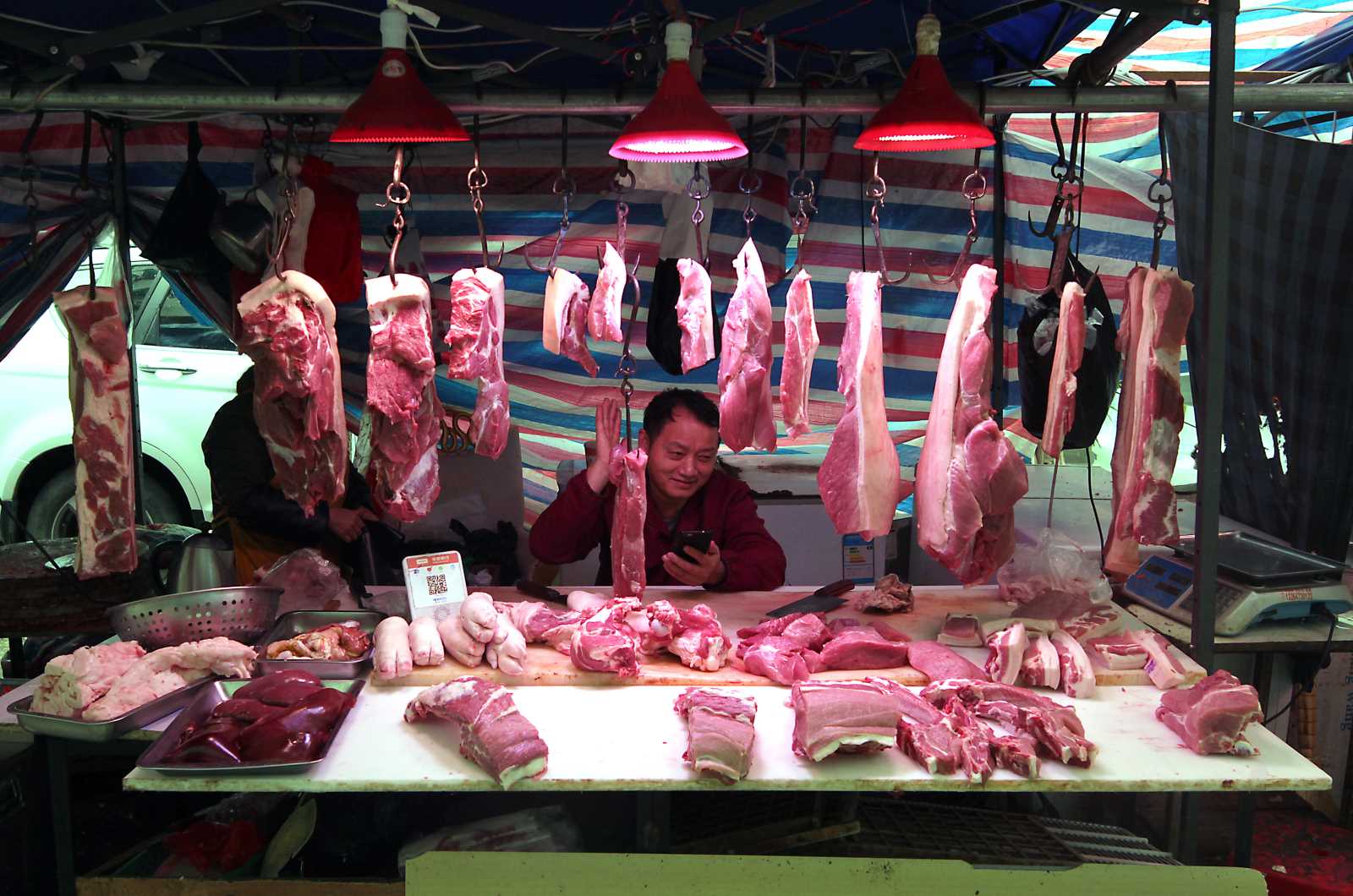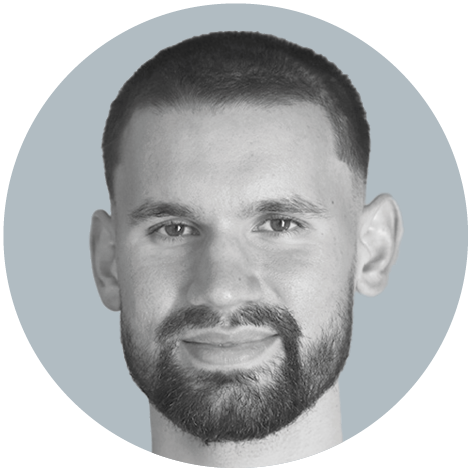Living with disability
Therapy for young people with disabilities in Colombia
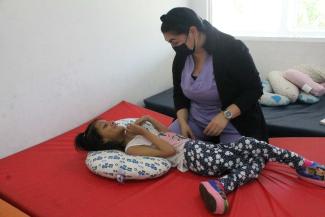
The effort and concentration are clearly visible on 14-year-old Tania’s face. Lying on her stomach on an exercise ball, she tries to straighten her torso. Her whole body trembles, but after a few attempts she succeeds. With a beaming smile, she looks at her mother Patricia, who is seated on the floor in front of her. They are both clearly proud of this progress. Tania has spastic cerebral palsy, a movement disorder and muscle stiffness caused by brain damage before birth. She relies on a wheelchair.
Tania is one of around 180,000 children and teenagers under the age of 19 with disabilities in Colombia. And that is only the official figure. A large number of cases probably go unreported due to inaccurate data collection and the difficulties of surveying households in remote areas. One thing is certain: every single one of these youngsters needs special attention, therapy and care for their development.
Children with disabilities have the same rights as other children – for example, rights to healthcare, education and protection from violence and neglect. That is stipulated in the 1989 UN Convention on the Rights of the Child (CRC) and in the 2006 Convention on the Rights of Persons with Disabilities (CRPD). The signatory countries, which include Germany and Colombia, have committed themselves to protect and guarantee such rights.
In reality, however, people with disabilities worldwide face a wide range of restrictions and discrimination in all areas of life. One in five households in Latin America and the Caribbean living in extreme poverty has at least one member with disabilities (World Bank 2021). Access to education, decent jobs and public services is often poor, especially for people in the lower socioeconomic groups. Medical treatment and personal support services are often expensive, increasing the risk of poverty.
Impeded access to services
Medical care for children with disabilities is inadequate in many countries. Where it is available, it is often costly and non-inclusive. Moreover, it tends to be poorer in rural areas than in urban settlements. Colombia is no exception: access to health and rehabilitation services is impeded by bureaucracy, and appointments can be hard to get. Where people fail to take part in rehabilitation programmes, the reason is often lack of money. Other reasons include the lack of approval by their health-insurance company and the sheer distance between their home and the care centre. Rural areas in particular are short of support services, day-care facilities and therapy centres.
Lack of access to adequate rehabilitation has serious consequences for the physical and mental development of children with disabilities, including their overall quality of life. Their limbs become less mobile and basic functions such as grasping deteriorate. Joint pain, posture problems and pressure sores due to poor positioning get worse. This makes everyday care procedures such as bathing and dressing more difficult, placing a greater strain on caregivers.
Family support project
In most cases, family members are the ones who provide care. For many, it is not only a physical, psychological and emotional burden, but one which also heightens their risk of poverty. The task of caring for a child with disability often falls to the mother, who also runs the household. The financial strain is intense, since this is often associated with a loss of income, and families receive hardly any monetary support from the state.
Tania’s mother Patricia experienced those difficulties herself. Finding a place for her daughter at a day-care centre proved impossible, and the low salary she earned as a nurse would not allow her to engage a daytime home carer. Eventually, she gave up her job at a doctor’s surgery and devoted herself entirely to providing care and support for her daughter.
At some point, however, the cost of food, medication, doctor’s visits and assistive devices increased so much that she could no longer make ends meet with the little she earned from small part-time jobs. In the end, her 70-year-old mother moved in to care for her granddaughter. Patricia took a job as a kitchen assistant.
Patricia’s employer is Fundación Proyecto Unión, a non-profit organisation dedicated to promoting social inclusion. In Tocancipá, a municipality in the state of Cundinamarca, north of the Colombian capital Bogotá, it runs a project called Casa de los Ángeles, which offers a range of support services for families in need, including those with children with disabilities. For example, when seriously ill children are brought to Bogotá for medical treatment from remote areas, Casa de los Ángeles offers free accommodation for the families.
In March 2023, the Foundation launched another project, addressing the problem of limited access to therapy services for children with disabilities. It is called “Familias siguen adelante” which means that families move forward despite difficulties through perseverance. The project operates a free therapy and rehabilitation programme catering for 24 children, teenagers and young adults with physical and mental disabilities. Their ages range from two to 28. The German Federal Ministry for Economic Cooperation and Development (BMZ) supports the project with € 10,000, administered by the Germany-based Stiftung Nord-Süd-Brücken (“North-South Bridges Foundation”). The German aid organisation Friends of Angels Germany is receiving the funding and implementing the project jointly with Fundación Proyecto Unión until end of January 2024.
The participants in the programme live in Tocancipá, in the neighbouring community of Sopó or in one of the surrounding villages. Without the project, they would not have access to comparable therapy services. “Familias siguen adelante” seeks to promote their individual development, improve their mobility, enable them to be more independent and facilitate their social inclusion. Each participant receives an hour of one-to-one occupational therapy and physiotherapy twice a week for three months.
Involvement of caregivers
The project’s focus is also on the caregivers. They can obviously help to significantly improve the social inclusion of children with disabilities, so families are actively involved in the rehabilitation programme. Caregivers attend the therapy sessions which enables them to continue the training at home and consolidate the progress made. Most families are in a precarious financial situation, so the project reimburses transport costs for each participant and an accompanying caregiver.
“I see the parents as my co-therapists,” says Lilián Beltrán, the programme’s physiotherapist. “It helps me a lot to understand what everyday life in the family is like and what ways the children and parents have found to make certain daily routines work better. I can then tailor the therapy to the individual’s needs. And I learn something new from them every time.”
Patricia feels the project is bearing fruit. “I have noticed many positive changes in Tania,” she says. She finds her daughter is more alert and keener to interact with other children. What is more, Tania is making progress physically, which makes daily care tasks such as dressing or washing easier.
Projects like “Familias siguen adelante” show how important it is to provide free therapy for young people with disabilities and their families. Governments worldwide need to step up their efforts to improve inclusivity so that children and teenagers with disabilities can exercise the same rights as their peers and find their own way in life.
LINKS
Fundación Proyecto Unión:
https://www.proyectounion.org/
Friends of Angels Germany:
https://www.friendsofangels.de
World Bank, 2021: Disability inclusion in Latin America and the Caribbean: A path to sustainable development. Washington D.C.
https://www.worldbank.org/en/news/press-release/2021/12/02/la-inclusion-de-las-personas-con-discapacidad-clave-para-el-desarrollo-sostenible-de-america-latina-y-el-caribe
Sarah Grünewald is the first chairwoman of Friends of Angels Germany.
verwaltung@friendsofangels.de
